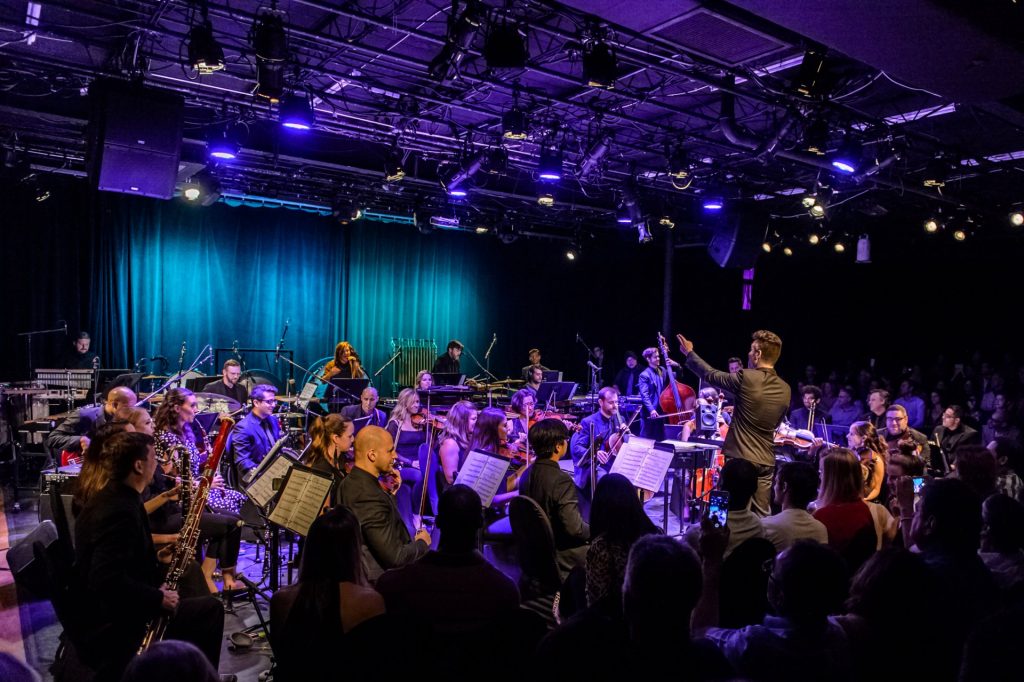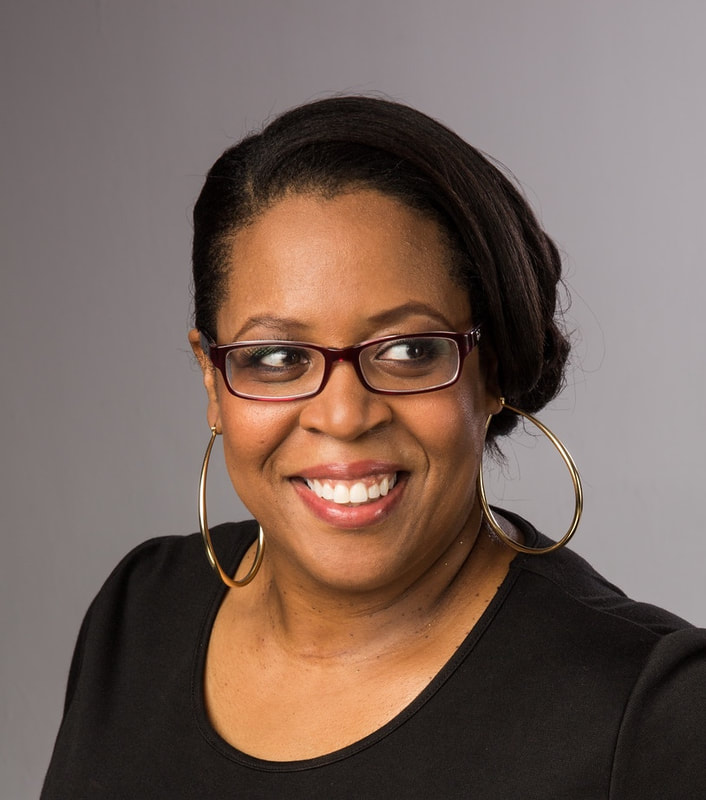by Jarrett Hoffman

There’s pop music by Queen, Bill Withers, the Beach Boys, and Daft Punk that’s been adapted for orchestra. There’s traditional classical music by J.S. Bach and Bizet that’s been infused with Latin jazz and minimalism. And there’s contemporary music by Gabriella Smith and Valerie Coleman, two living composers with a clear interest in combining different styles.
In a recent conversation on Zoom, conductor, co-founder, and co-artistic director Jacomo Bairos said that Nu Deco’s interest in stylistic variety started simply “as a hook.”
The ensemble’s debut concert in 2015 included contemporary classical music, a local guest artist, and “very basic” arrangements of music by the electronic music duo Daft Punk. “We just wanted something splashy because we were starting this contemporary ensemble, and we wanted to get people in Miami interested,” Bairos said.

“All these access points came together and created this place where different people in the community — so many different music lovers — could come together. So we knew we were onto something.”

Since then, of course, Bairos has taken up the baton — an ambition that he shared with Hyken one morning in Singapore, having dreamt about it the night before. And Hyken’s career has grown to encompass not only performing but also producing, arranging, and composing.
Speaking of which, Hyken is not the ensemble’s only talent with a pen in his hand and a sheet of staff paper in front of him. At a certain point, Nu Deco members Aaron Lebos (guitar), Armando Lopez (drums), and Jason Matthews (keyboard) expressed interest in that side of things, and Hyken brought them aboard. “They started doing this collective arranging, which added a lot of depth,” Bairos said.
As for traditional classical music, the program begins with a famous work by Bach, with a modern twist. “The Toccata and Fugue has been arranged by many, many people,” Bairos said — and that list includes Sam Hyken. “This is our version, and we thought it would be fun to Miami-fy it with a little bit of mambo action.”
Hyken’s Bizet arrangement is under the title of Refried Farandole. Influences of club music and minimalism are evident, though Hyken also preserved the classical nature of the piece in the opening, “which is very slow, melodic, and beautiful,” Bairos said.
Discussing these reimaginings, the conductor noted that there are many parallels between traditional classical music and other genres. “You know, Mozart’s Eine kleine Nachtmusik is a dance in four. And Baroque music is a lot like jazz — you have a figured bass, and you just make up the rest.”
Finally we moved to the contemporary classical music on the program: Gabriella Smith’s Tessellations, a piece which is wonderfully difficult to pin down in words, and Valerie Coleman’s Umoja, which comes with an inspiring message and a unique history of adaptation.

The piece has existed in several forms, from women’s choir to woodwind quintet and orchestra. Now, through a collaboration involving both Coleman and the ensemble’s arranging team, it’s been “Nu-Deco-fied,” as Bairos said, and given the new title Umoja Unbound.
“So we’re putting our musical stamp on it while also uplifting the voice of Valerie Coleman, and hopefully giving this piece even more space to be heard.”
Tickets are available here.
Coleman photo by Matthew Murphy.
Published on ClevelandClassical.com April 27, 2022.
Click here for a printable copy of this article


